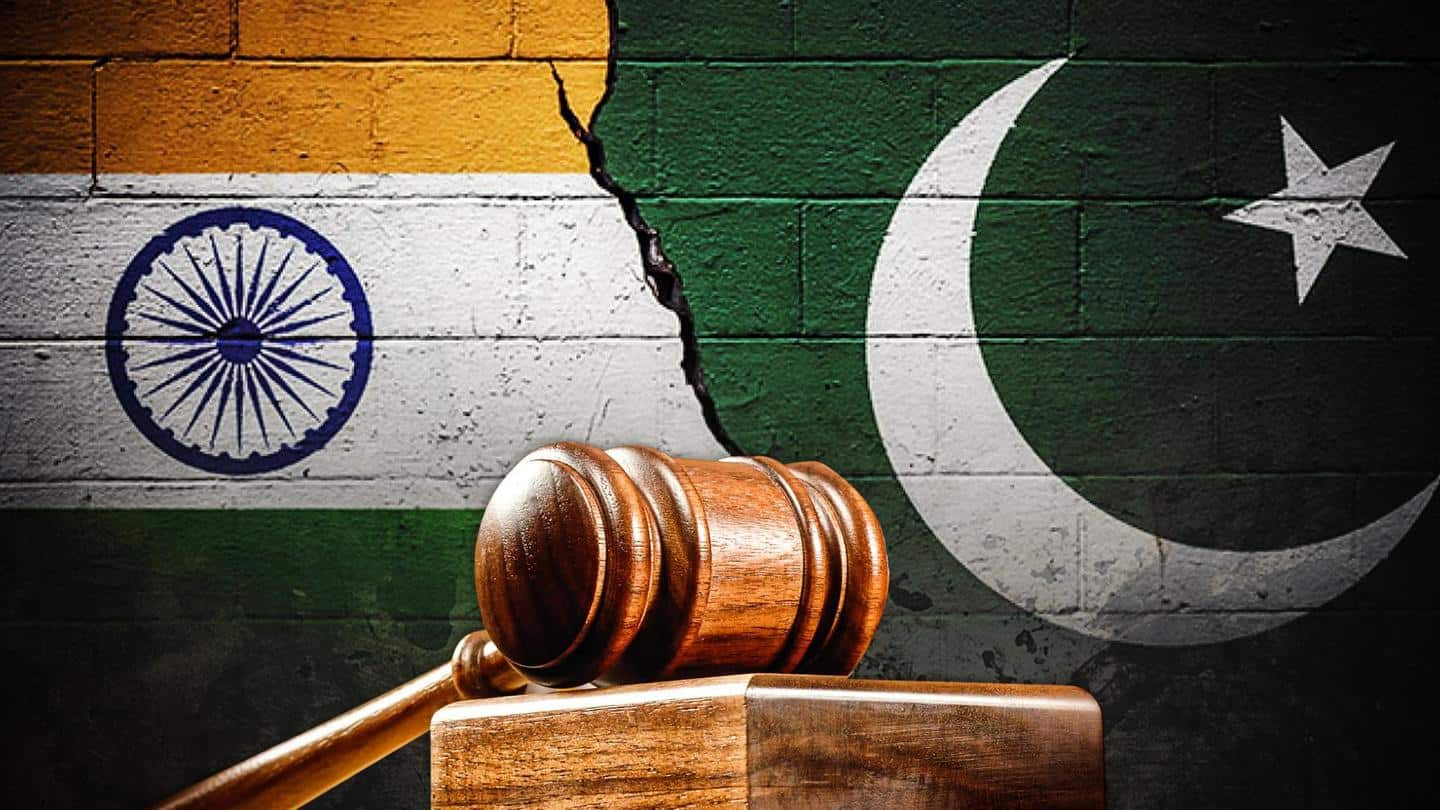
Pakistan summons Indian diplomat after hate speeches at 'Dharam Sansad'
What's the story
A senior Indian diplomat at the High Commission in Islamabad was called by Pakistan's foreign ministry on Monday over hate speech at a recent 'Dharam Sansad.'
The ministry said it wanted to convey Pakistan's worries to India's government over widely publicized open calls by Hindutva supporters for Muslim genocide.
India's charge d'affaires M Suresh Kumar was summoned on Monday afternoon.
Context
Why does it matter?
Although criticism from foreign ministries is common, Pakistan summoning Indian diplomats to discuss situations involving minorities in India is unusual.
Incidentally, in the past, India has issued numerous critical statements and called upon Pakistan's diplomats in response to atrocities against Hindus and Sikhs in Pakistan.
However, concerns over discrimination against Muslims in India have also been raised by Human Rights Watch.
Statement
What did Pakistan say?
The Pakistan Foreign Office said it was "highly reprehensible" that neither the organizers expressed regret nor the Indian government had condemned the 'Dharam Sansad' incident or taken action.
Continuing acts of violence against Muslims revealed a "worsening trend of Islamophobia" and painted a bleak image of Muslims' prospects in India, it said.
"India is expected to investigate these hate speeches," it added.
Event
What was said at 'Dharam Sansad'?
During the three-day 'Dharam Sansad' gathering in Haridwar, Uttarkhand from December 17-19, calls for a "war on Muslims" were made.
"Every Hindu must pick up weapons and conduct a cleanliness drive. There's no other solution," Hindu Raksha Sena President Swami Prabodhanand Giri had said.
The communally-charged calls raised concern as some of the religious leaders speaking at the event have ties to the BJP.
Details
What was the aftermath of the speech?
Several Indian opposition leaders from TMC and Congress have criticized the incident and demanded that those responsible face harsh punishment.
In connection with the hate speeches, three people were booked: Sadhvi Annapurna, Swami Dharamdas, and Waseem Rizvi (now known as Jitendra Narayan Singh Tyagi after converting to Hinduism).
The FIR was lodged under Section 153A, which deals with promoting enmity between different groups.